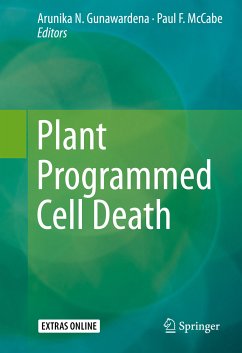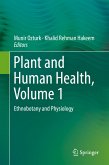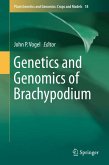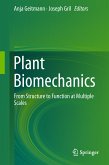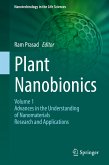The text contains eleven chapters in total, covering the most recent research findings in the area of plant PCD at the molecular, biochemical, and cellular levels. This book serves as an invaluable guide for graduate students, upper-level undergraduate students, and researchers that are entering the field of cell death research for the first time. Established researchers will also find this work indispensable as an up-to-date review of PCD topics.
Dieser Download kann aus rechtlichen Gründen nur mit Rechnungsadresse in A, B, BG, CY, CZ, D, DK, EW, E, FIN, F, GR, HR, H, IRL, I, LT, L, LR, M, NL, PL, P, R, S, SLO, SK ausgeliefert werden.

